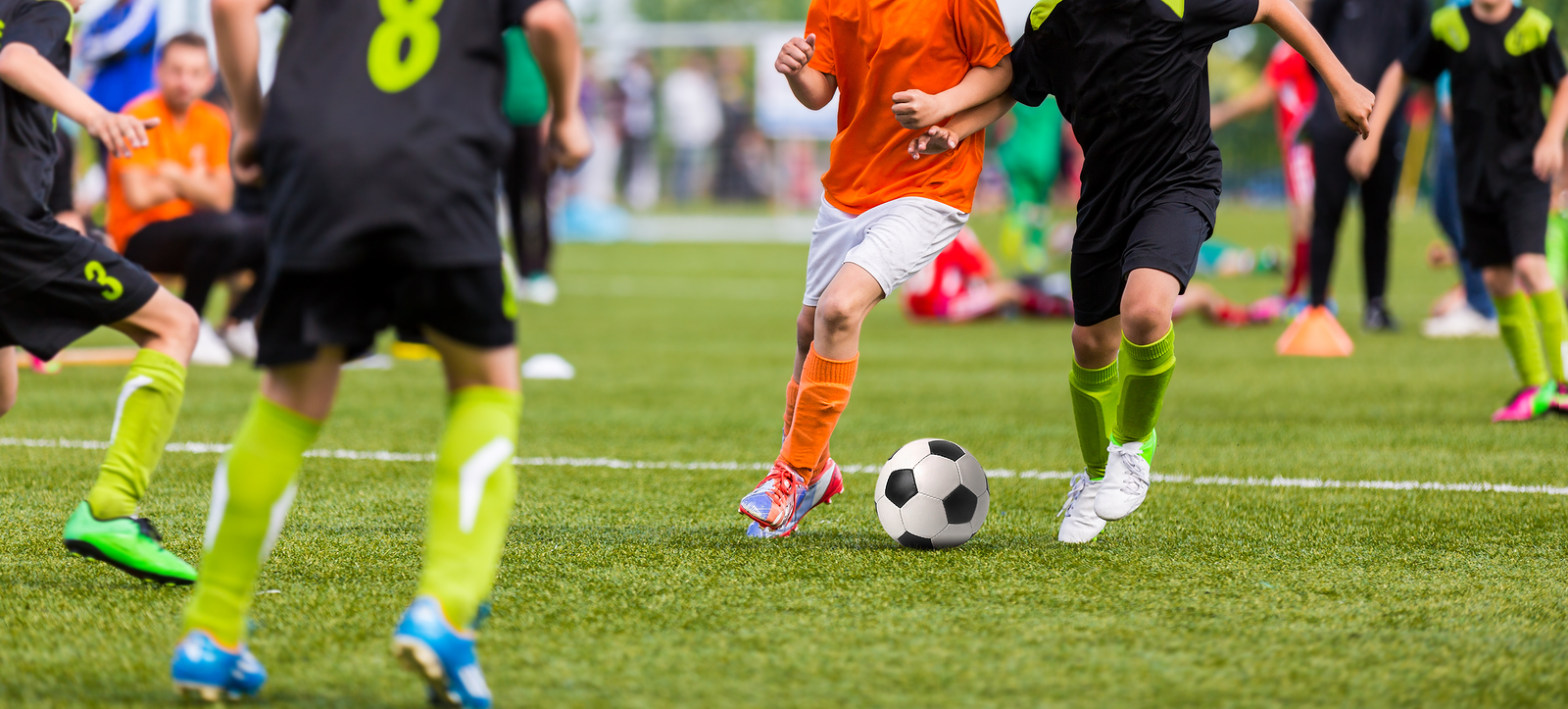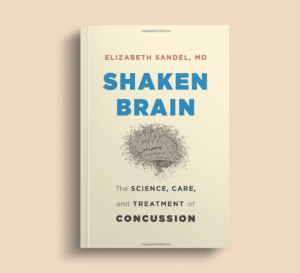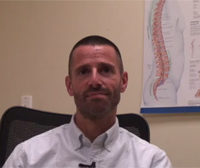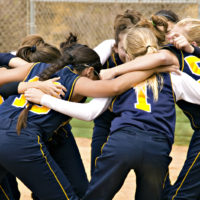Be a Parent Advocate for Children and Youth Sports Concussions

One of the things I like most about the interview I recently did with Michelle Camicia, MSN, PhD, is that Michelle comes at the topic of youth sports and concussion from the perspective of both a health care professional and as a mom with two active kids.
As a rehabilitation nurse leader and Director of Operations for Kaiser Foundation Rehabilitation Center, she’s worked with people with TBI and has seen first hand the consequences of these injuries on cognition, memory, and more. As a mom, she has seen both her son and her daughter experience a concussion from sports participation and has helped them get medical help and recover. Her perspective brings together these experiences and can help us understand the power we parents have to advocate for our kids.
As a parent with children in youth sports, particularly collision sports like football, soccer, rugby, ice hockey, and even basketball, you may feel a little powerless when it comes to keeping your kids safe from brain injuries. However, that’s not the case. You can speak to your kids about the importance of prevention of concussion by listening to advice from coaches, and by teaching them to recognize the symptoms and signs of a concussion. Empower them to be their own advocates, and be a parent advocate for other parents and children you come in contact with at practice or games.
Ask questions. Do the coaches, athletic trainers, physicians, and school administrators place the right amount of importance on helping to prevent and assess concussions during school sports? Is the proper safety equipment being used? What are the return-to-play guidelines? Is there a protocol in place for assessment and treatment that’s supported by sound medicine? Are parents and athletes aware of the protocols and guidelines? Most importantly, is that protocol and are those guidelines being followed?
Speak with your kids’ coaches individually and with school administrators to get answers on what they plan to do when (not if, but when) a child sustains a blow to the head or body during play that results in symptoms or signs of concussion. Insist that parents be notified when this happens. If your school doesn’t already have a program that gathers baseline test scores to compare to post-concussion test scores, see what can be done to make that happen.
Intervene if necessary. If you see a child suffer a blow to the head in practice or at a game, ask the coach to pull the child out if it looks like there is reason to stop and assess. It’s always better to be safe than to have to deal with the consequences later.
Raise awareness by working with the PTA or other parent groups to spread the word on the risks and recovery plans for concussion in sports. More informed parents equal more parents to advocate on this crucial topic that affects lots of kids and can influence their lives at an important point in their development.
Finally, be persistent in your efforts. In the interview, Michelle told a story about attending an orientation meeting at the start of the season at her child’s school. She spoke up to ask about the protocol around head injuries and concussion and was dismissed. That only inspired her to become more persistent with advocacy efforts. The lesson here is, don’t back down if you get some resistance. The physical and cognitive health of your children – and all the children at school – is too important.
Use your voice as a parent
You are not powerless. As a parent, you have a strong voice. You can hold people responsible and accountable for putting plans in place and doing what they say they will do. By doing that, you make things safer not just for your own child, but for all the children at their school.
If you’re a parent with a child in sports, you’ll want to listen to the full interview with Michelle Camicia.
You Might Also Like
Parents and Sports-Related Concussions
Michelle Camicia, MSN, PhD, the mother of two student athletes, discusses the role of parents who must pay attention to their childrens’ symptoms if they play contact sports. Are these symptoms consistently understood by student athletes and coaches? She argues for more education and advocacy to address the problem of…
Concussion in Youth Sports
Dr. Andrew Judelson, a physiatrist and sports medicine physician at Spaulding Rehabilitation Hospital, discusses sports-related concussion evaluation and treatment at his outpatient clinic on Cape Cod.
Empowering Your Kids to Speak up About Concussions in Youth Sports
There are many reasons why kids do not report concussions. They must be educated about brain injuries, including concussions. They must be empowered to report to an adult any symptoms after a blow to the head, neck, or body that causes neurological symptoms (like dizziness, headache, or confusion). Removal from the sport or activity followed by evaluation by a licensed healthcare provider should be expedited.
Keep up to date
Get updates on the latest in concussion, brain health, and science-related tools from Dr. Elizabeth Sandel, M.D.
By clicking SIGN UP, you agree to receive emails from Dr. Sandel and agree to our terms of use and privacy policy.
Get the book!




